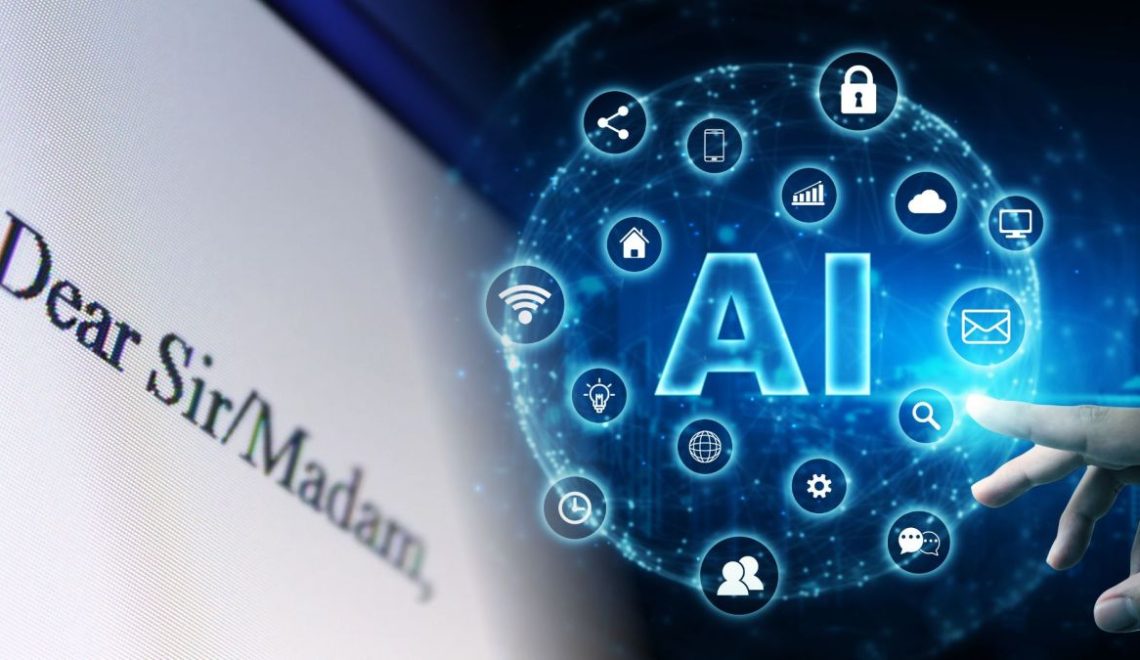
In today’s world, artificial intelligence (AI) is revolutionizing nearly every aspect of life, from healthcare to entertainment—and job applications are no exception. One of the latest trends in job hunting is using AI to write cover letters. This can seem like a great shortcut, especially when time is tight and efficiency is key. However, while AI certainly has its advantages, there are some important considerations to keep in mind. Here are 9 reasons why you might want to steer clear of relying solely on AI to craft your cover letter—and 6 reasons why, in certain cases, it might actually be a good idea.
Pros of Using AI to Write Your Cover Letter
- Time Efficiency
Writing a standout cover letter can take hours. AI, on the other hand, can generate a well-structured draft in minutes. For busy professionals, this time-saving feature can be invaluable. - Personalization at Scale
AI can sift through tons of data and tailor your cover letter to specific job descriptions, helping you apply to multiple positions with ease. It can adjust the tone, language, and even keywords to match the role, giving you a personalized feel even when you’re sending out dozens of applications. - Error Elimination
AI-powered tools often come equipped with spell-check and grammar-correction features, reducing the chances of a sloppy mistake sneaking into your application. This helps ensure your letter is polished and professional. - Continuous Learning
AI tools learn over time. As they gather more data and user feedback, they improve, producing more refined and effective results. This makes AI tools better equipped to craft cover letters that resonate with employers as time goes on. - Consistency
AI can maintain a consistent style, tone, and level of professionalism across all your applications. It can ensure that your cover letter is error-free and aligns with the expectations of potential employers, helping you present yourself as a reliable candidate. - Data-Driven Approach
AI uses job descriptions, keywords, and trends to craft cover letters that align with current market demands. This could give you a slight edge, especially in competitive industries where language and buzzwords matter.
Cons of Using AI to Write Your Cover Letter
- Lack of Human Touch
AI is not capable of capturing the nuances of your unique personality. It might generate a cover letter that’s polished, but it could lack the authentic voice and personal connection that sets you apart from other applicants. - Limited Creativity
While AI can help you structure a letter efficiently, it might not be able to deliver the creative flair that makes your application stand out. If you’re looking for a truly unique and captivating cover letter, AI’s responses might feel generic and uninspired. - Dependence on Input Quality
AI is only as good as the information you provide. If your input is vague or lacking in detail, the AI-generated letter might miss key points, resulting in a lackluster application. This is true for human-written letters as well—but remember, AI can’t “think” for you. - Misinterpretation Risk
AI operates by following patterns, which means it could misunderstand your instructions, potentially leading to irrelevant or inaccurate content in your cover letter. It’s not infallible, and human oversight is still necessary. - Limited Emotional Intelligence
AI lacks the emotional intelligence that’s often crucial in a cover letter. It may not be able to communicate your passion for the role, empathy, or enthusiasm in the way a human writer would. Emotional resonance can often be the deciding factor between a good and great application. - Over-Reliance on Technology
AI is a tool, not a replacement for human creativity and skill. Over-relying on it could hinder your ability to refine your own writing skills and make thoughtful, strategic choices in your applications. - Potential for Repetition
AI sometimes falls into repetitive patterns. This can result in your cover letter sounding robotic or formulaic, especially if you’re using the same AI tool for multiple applications. - Cost Implications
While some AI tools are free, the more sophisticated ones often come with a price tag. Premium AI writing tools can cost hundreds of dollars a year, which may not be worth the investment for everyone, particularly if you only need occasional help. - Ignorance of Contextual Nuances
AI is great at analyzing data, but it can overlook the subtleties of language that make a cover letter truly compelling. It might miss the opportunity to adapt the tone based on the company culture or industry, which can be critical in making a memorable impression.
In Conclusion: A Balanced Approach
Using AI to write your cover letter can be a time-saving, efficient way to get your job applications in shape—but it’s not a magic bullet. While AI tools can help you draft a structured and error-free letter quickly, they can’t replace the personal touch, creativity, and emotional intelligence that you bring to the table. Think of AI as a useful starting point—a tool to help you get your ideas down on paper. But don’t forget to review, refine, and inject your unique personality into your final version.
In the end, no machine can replace the human ability to connect, resonate, and impress. Your cover letter should reflect the very best of you—something AI, despite its capabilities, can’t fully replicate.
Do you need more information about writing cover letter visit: www.worldletterwritingday.com/writing-a-cover-letter-workshop/








